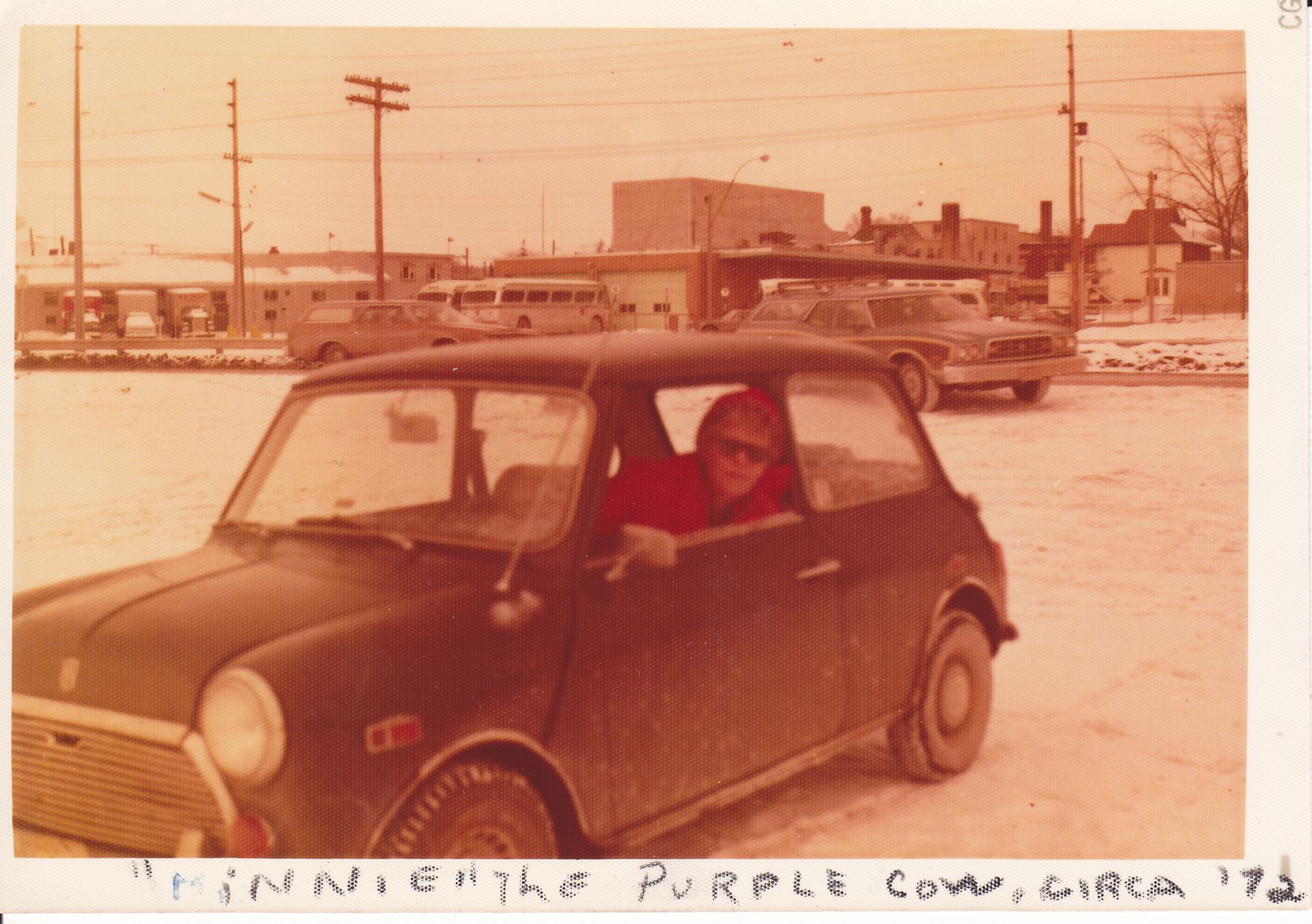
Over the years, Joan Hollobon touched on almost every area of clinical medicine, medical research, and medical politics in her writing as the medical reporter for The Globe and Mail. In July 1962 she travelled to Saskatchewan to witness the difficult birth of Medicare – something Canadians take for granted today. Commonly referred to as the 1962 Saskatchewan Medicare Crisis, doctors went on strike against the founding of universal medicare in that province. While it is hard to imagine today, when the Saskatchewan Government introduced Medicare in 1962 after several delays, most doctors shuttered their practices or resigned their positions and left the province as a means of voicing their opposition to universal medicare. The Saskatchewan doctors' strike was a 23-day labour action taken by medical doctors from 1 July 1962, the day the Saskatchewan Medical Care Insurance Act came into effect, until 23 July 1962 as attempt to force the Co-operative Commonwealth Federation (CCF) government of Saskatchewan to drop its program of universal medical insurance.
Canadians living at the beginning of the 21st century CE who think of universal medical coverage as a given, if not a right, find the 1962 Saskatchewan Medicare Crisis has echoes of the ongoing fight of Obamacare in the United States of America, something Canadians are perplexed by. But it happened here in Canada as well.
And Joan Hollobon was there to report first-hand on the difficult birth of this beast called Medicare that was completely new in the minds of the Canadian public. Her reports appeared in The Globe and Mail on a daily basis during the 23-day strike, and as a result she helped to educate the Canadian public about the merits of universal health care. Joan Hollobon was well-placed as a medical journalist to cover the Saskatchewan Medicare Crisis because universal medical insurance was something she learned about first hand in England when her mother was dying of bone cancer in 1948, shortly after the Labour government of the United Kingdom introduced the National Health Service Act (NHS) in 1946, which completely changed the way people could access healthcare.
Joan Hollobon followed the progress of events in Saskatchewan closely after the dispute was settled and wrote a 10-part series on the state of affairs in that province for The Globe and Mail entitled, “Bungle, Truce and Trouble”. Her writings were later published as a small booklet distributed for free by The Globe and Mail.
Years later, Joan Hollobon reflected on those three weeks she spent in Saskatchewan in the early summer of 1962. “Research to me was the most interesting, but medical economics and politics were also part of the medical beat. (It was) another totally different experience – the three weeks of the Saskatchewan Medicare Strike beginning on 1 July 1962, working almost around the clock, 7 days a week. The rhetoric and the passions aroused! So un-Canadian. Everyone was slightly around the bend by the end of it. Everyone thought then that Saskatchewan, 1962, was an experience no political or medical group would ever risk repeating. So much for that theory.”
Within a year of the 1962 Saskatchewan Medical Crisis, 97% of doctors who were working in Saskatchewan before the strike had returned to the province or their practices and signed on to Medicare. Universal medical insurance as a concept began to spread like a prairie wildfire across Canada, and there is not a politician or a doctor today in Canada who would not be shouted down by Canadians if they voiced opposition to what many Canadians understand as a right today.
By Andy F. Visser-de Vries
